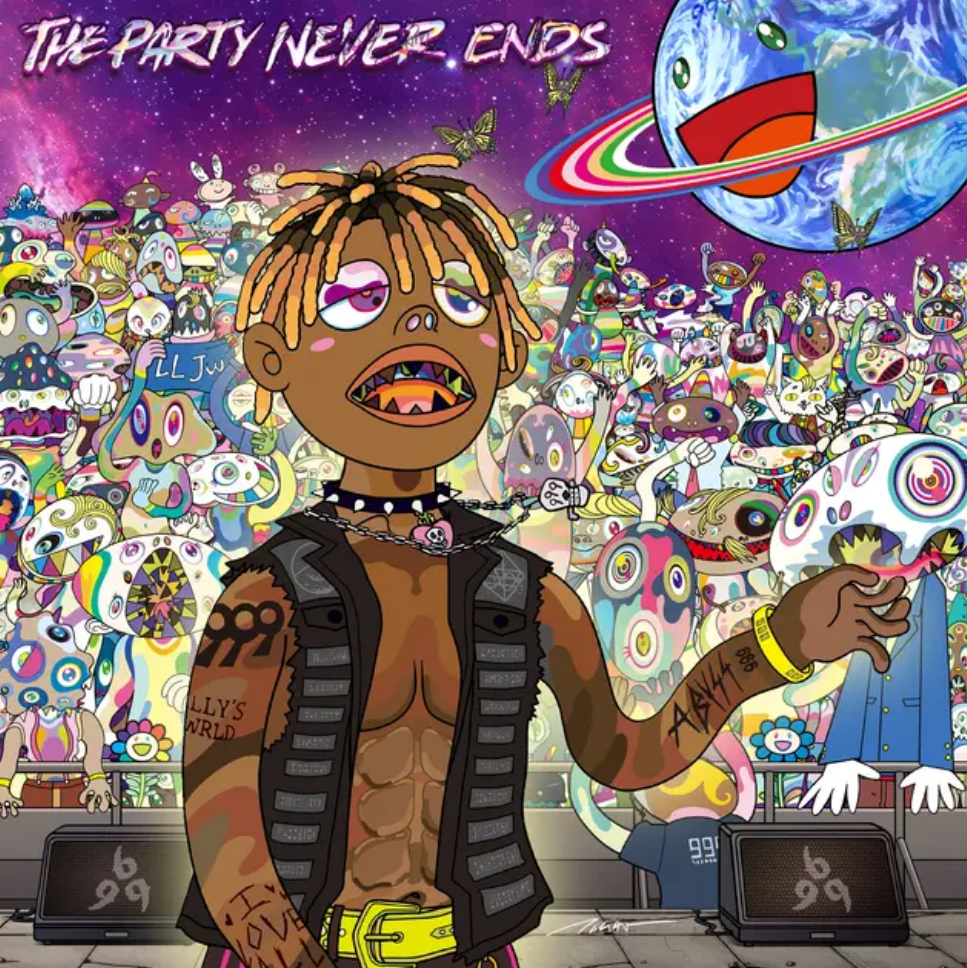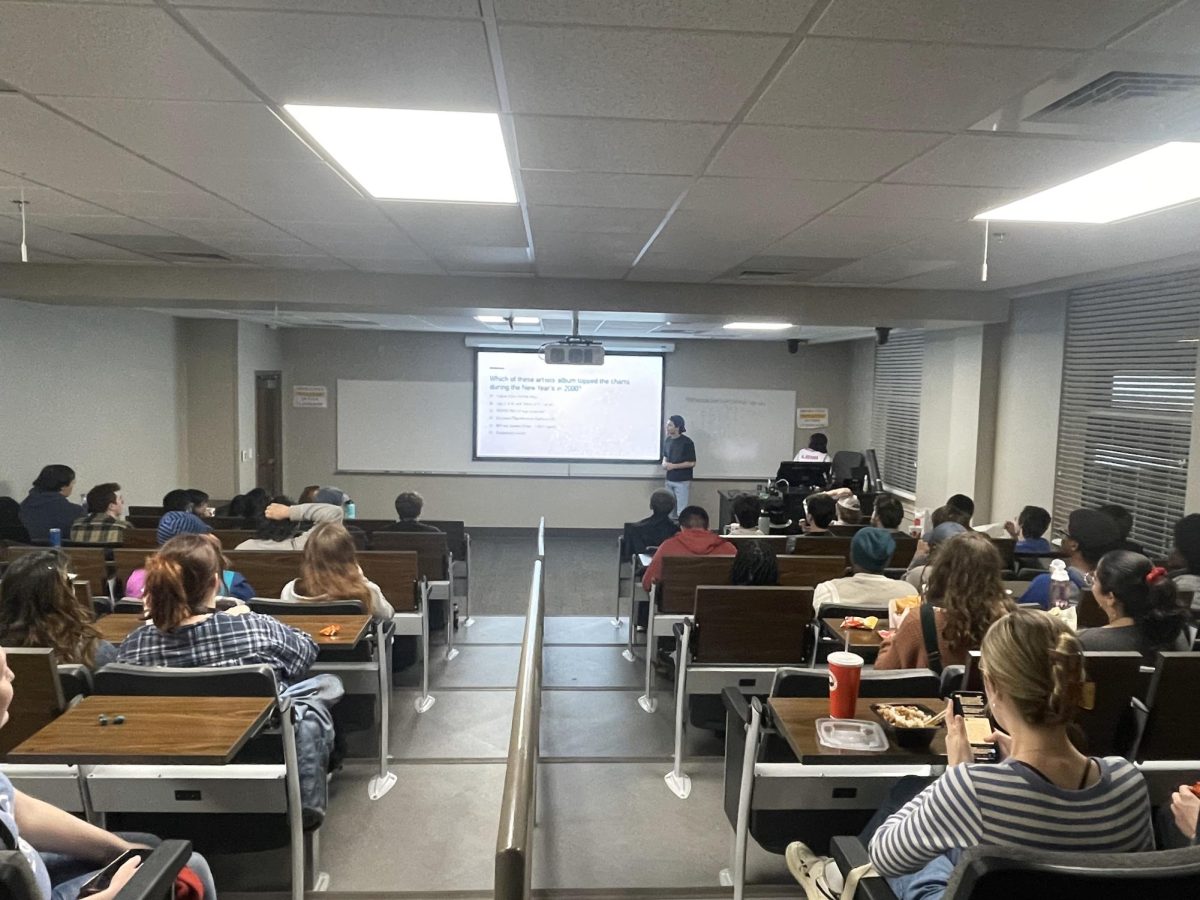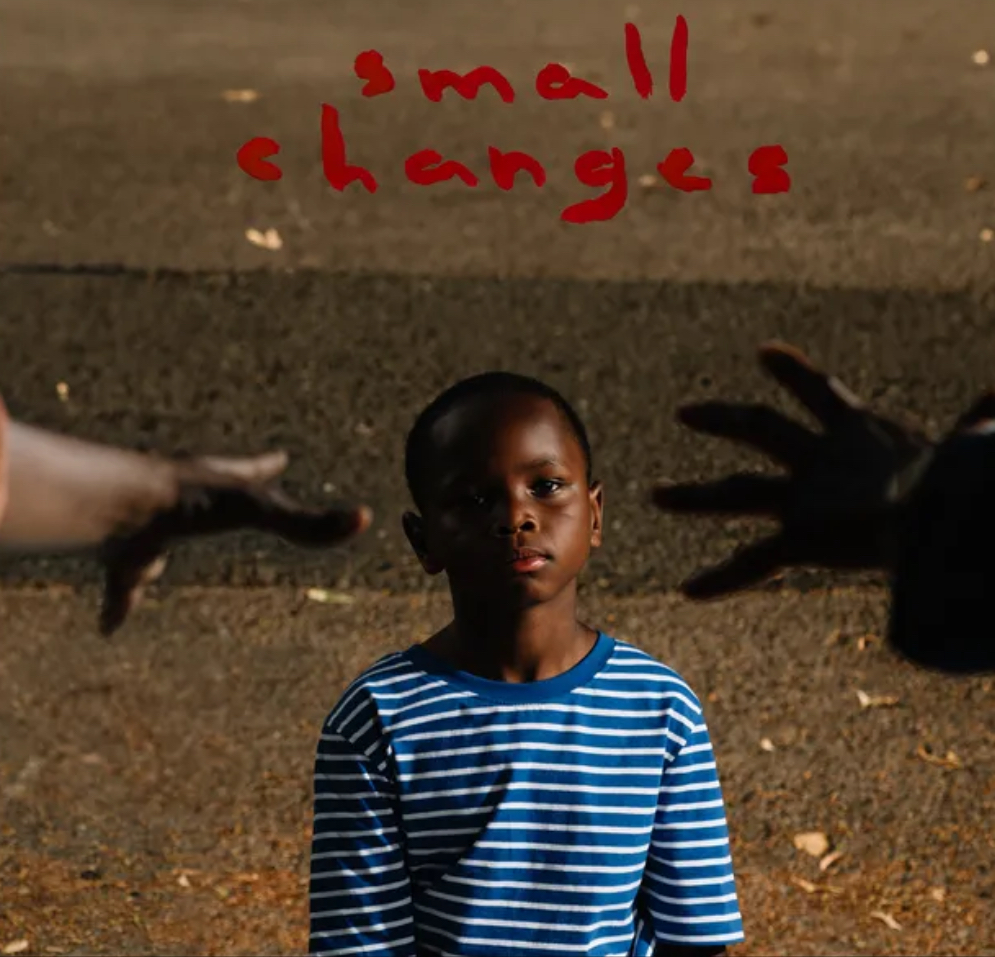As it turns out, Ayn Rand isn’t the only libertarian-ish science fiction writer I can name (and on that note, it’s Ayn as in “fine,” not Ann as in “can.”) If you’ve visited Gorgas lately, you may recognize the name Cory Doctorow, too, from the first floor, right-side display case your peripheral vision registers for about half a second as you walk in. If you’ve visited the gloriously geeky webcomic XKCD any time in the last few years, you may be familiar with Cory Doctorow as the author who wears a red cape and goggles and blogs from his hot air balloon high above the tag clouds (see what I did there?). In any case, if you continue to read today’s book review column, you will be familiar with Cory Doctorow – and that’s a prereq for passing Contemporary Sci-Fi 101.
Doctorow’s books could, if Linnaean overly specific classification’s your kind of thing, be listed among the best of the “postcyberpunk” genre. And no, that’s not just a portmanteau of postmodernism and cyberpunk (and no, this sentence is not just an excuse to use the word “portmanteau”—twice.) Postcyberpunk takes all the fun of cyborgs and human augmentation without the pesky elements of dystopia and evil robot overlords that cyberpunk writers of the 1980s took as a given.
Without all the jargon: these books promote the idea that science and technology will help to bring about utopia. Singularity, anyone?
Two of Doctorow’s most recent novels (“Little Brother,” “For the Win”) have been geared to a young adult audience, with heroic teenage hackers, gamers and gold-farmers fighting oppressive governments. For an idea of where the good Doctorow stands politically, consider that “Little Brother” won the Libertarian Futurist Society’s 2009 Prometheus Award for Science Fiction. Didn’t I mention that he’s a Creative Commons crusader and fellow of the Electronic Frontier Foundation?
Keeping this in mind, Doctorow’s debut novel “Down and Out in the Magic Kingdom” (2003) can’t be beat for techno-idealism, transhumanism, and a cast of characters who live, literally live, in Walt Disney World.
The world of Doctorow’s “Down and Out” gives us an end to disease, hunger, and death itself. Tedious government bureaucracy has been replaced by “Ad Hocracy,” informal government by voluntary association. And money exists no more – instead, people earn “whuffie,” ratings based on the esteem and respect others have for them. But even life in the happiest place on earth on the happiest possible earth can get complicated.
Our narrator is a century-old man named Jules, down on his luck and his whuffie, who gets himself entangled in a mess of intra-Disney “Ad Hocracy” politics (here’s a hint: there’s murder in the Haunted Mansion.) For a supporting cast, we have Dan, a former missionary who is lost in life now that all the technophobes have either died off or been converted; Liz, Jules’s cheery, freckled girlfriend, born and raised in the Magic Kingdom itself; and Zed, a transhuman who has such a bad breakup that she “refreshes” herself to a memory backup from before she even met the guy (ouch).
It’s compelling reading – and you won’t find cooler ideas, weirder characters, or cleaner writing on the market today, for any price.
But here’s the best part: there is no price. Cory Doctorow publishes all of his books under Creative Commons licenses, which means you can download the full text of “Down and Out” or any of his other novels online, completely free, at his blog (that’s worth some serious whuffie). Technological utopia indeed.
You might also like… “Makers” by Cory Doctorow, “Infoquake” by David Louis Edelman, “Glasshouse” by Charles Stross, “This Is Not A Game” by Walter Jon Williams.








